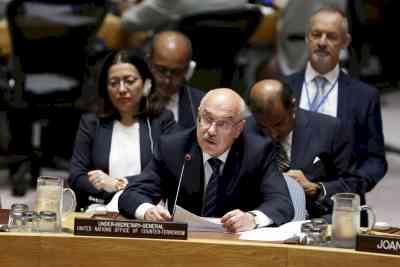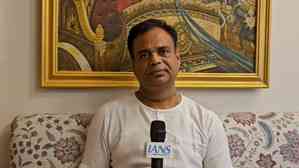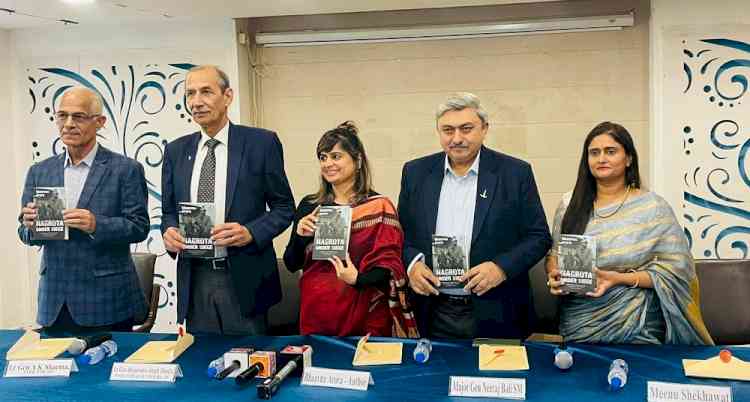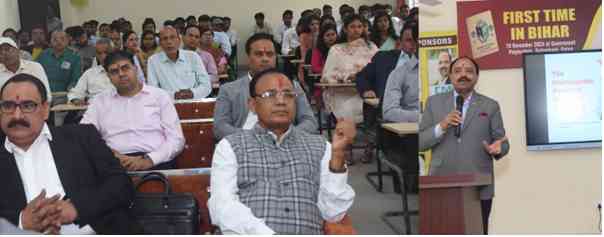UN official calls for multidimensional approaches to tackle IS threat
The high level of threat posed by the Islamic State (IS), also known as Da'esh, underscored the need for multidimensional approaches beyond security-centred responses, the UN counter-terrorism chief said.

United Nations, Feb 10 (IANS) The high level of threat posed by the Islamic State (IS), also known as Da'esh, underscored the need for multidimensional approaches beyond security-centred responses, the UN counter-terrorism chief said.
"More complementarity is needed between security responses and preventive measures," UN Undersecretary-General Vladimir Voronkov told the Security Council during a briefing on Thursday.
Presenting the latest report of UN Secretary-General Antonio Guterres on the threat posed by Da'esh, Voronkov said that despite leadership losses and expenses that are diminishing its cash reserves, "the threat posed by Da'esh to international peace and security remains high."
The threat increased in and around conflict zones where the group and its affiliates are active, he said, adding that the level of terrorist activity besides attacks continues to be a concern to UN member states, Xinhua news agency reported.
"For example, Da'esh continues to use the Internet and social media, video games and gaming adjacent platforms to extend the reach of its propaganda to radicalise and recruit new supporters," he said.
The multidimensional approaches to counter Da'esh threat must be gender-sensitive and firmly anchored in international law, including international human rights and international humanitarian law, as well as reflective of a broad range of views from various segments in societies affected by terrorism, Voronkov added.
Citing the increased threat from terrorism in conflict zones, Voronkov, who heads the UN Office of Counter-Terrorism, said further efforts are necessary to address and prevent these conflicts in the first place.
"While terrorists exploit conflict dynamics, peace efforts are too often undermined and further complicated by terrorism," he said.
"Better understanding the complex relationship between conflict and terrorism is a necessary step for devising more effective responses to these recurring challenges."


 IANS
IANS 













